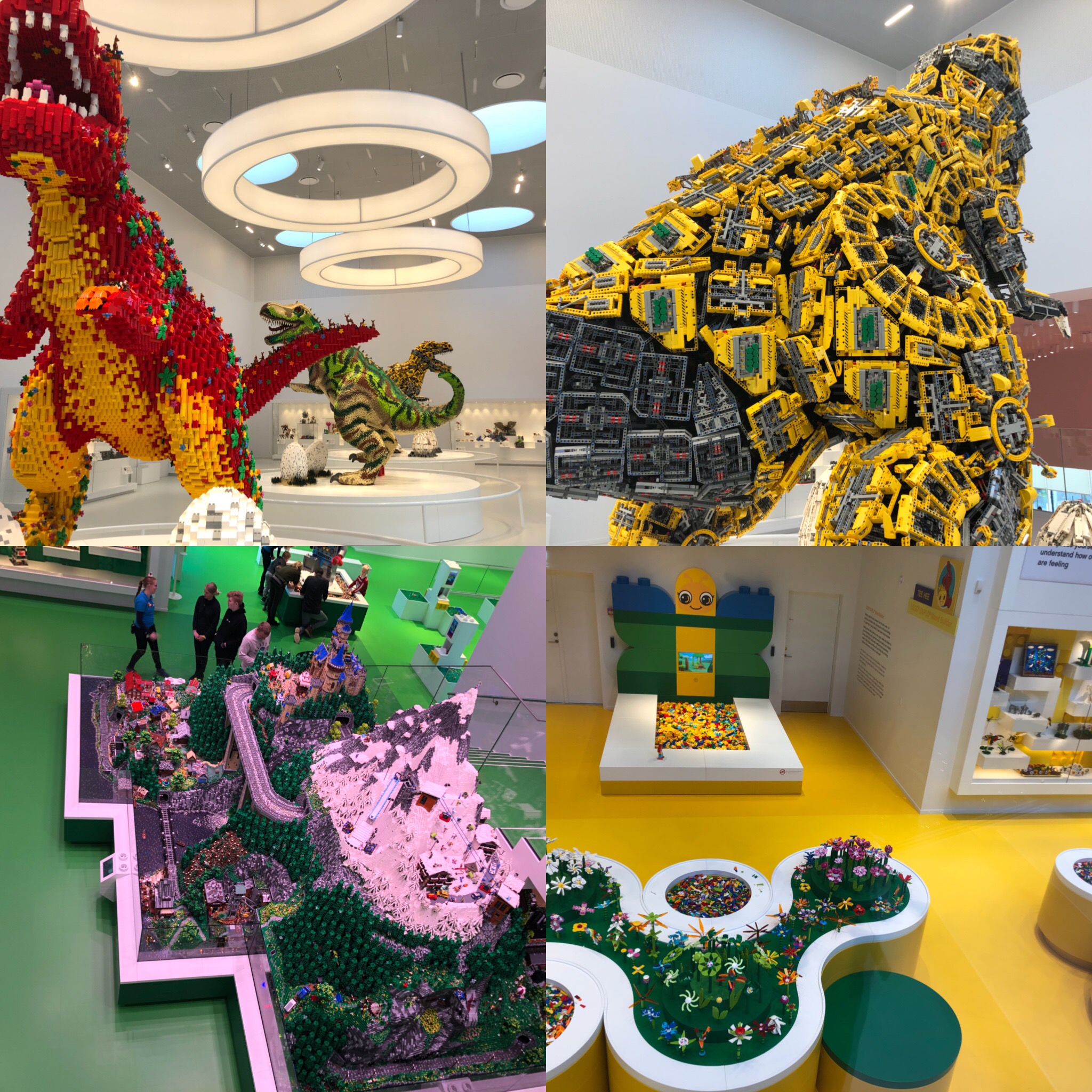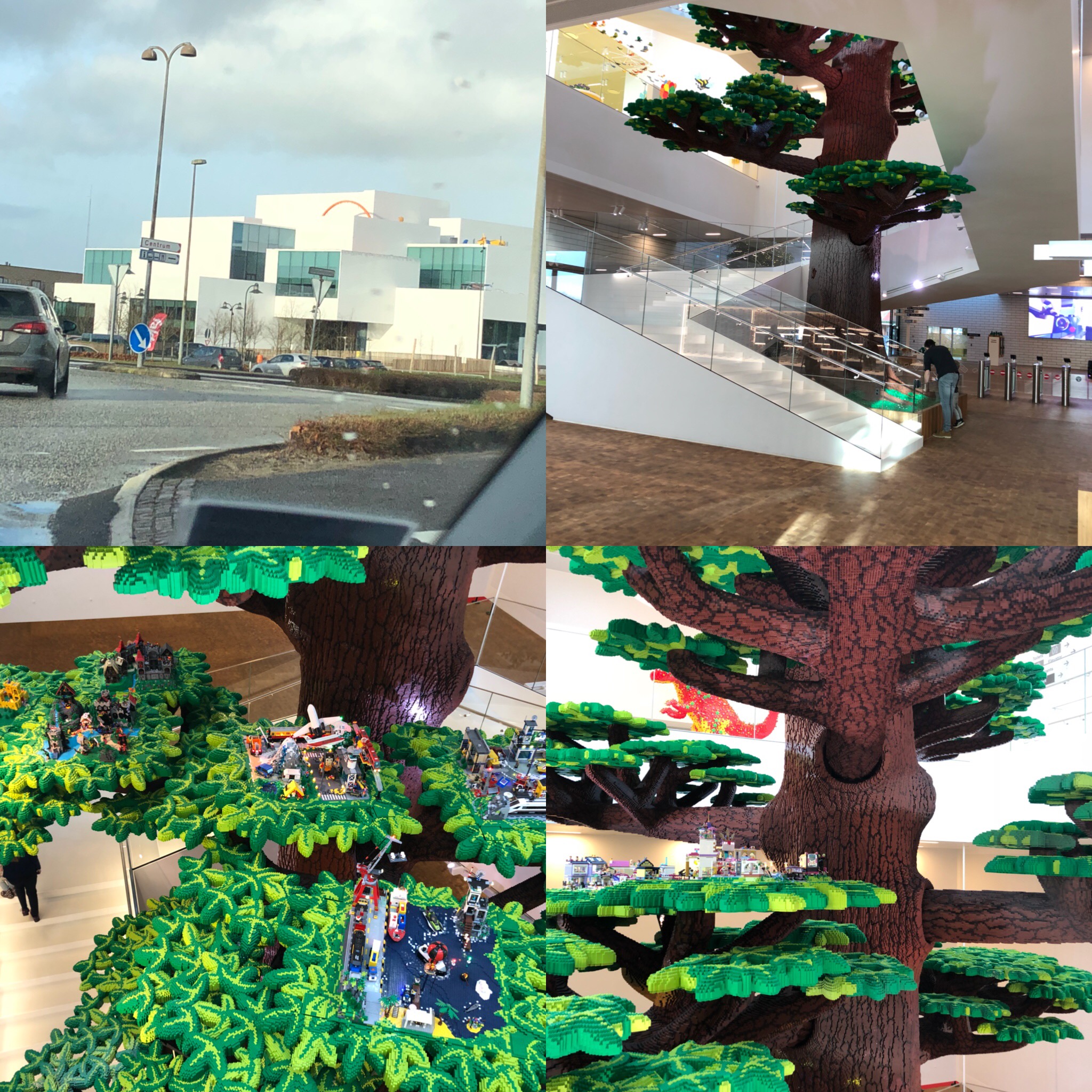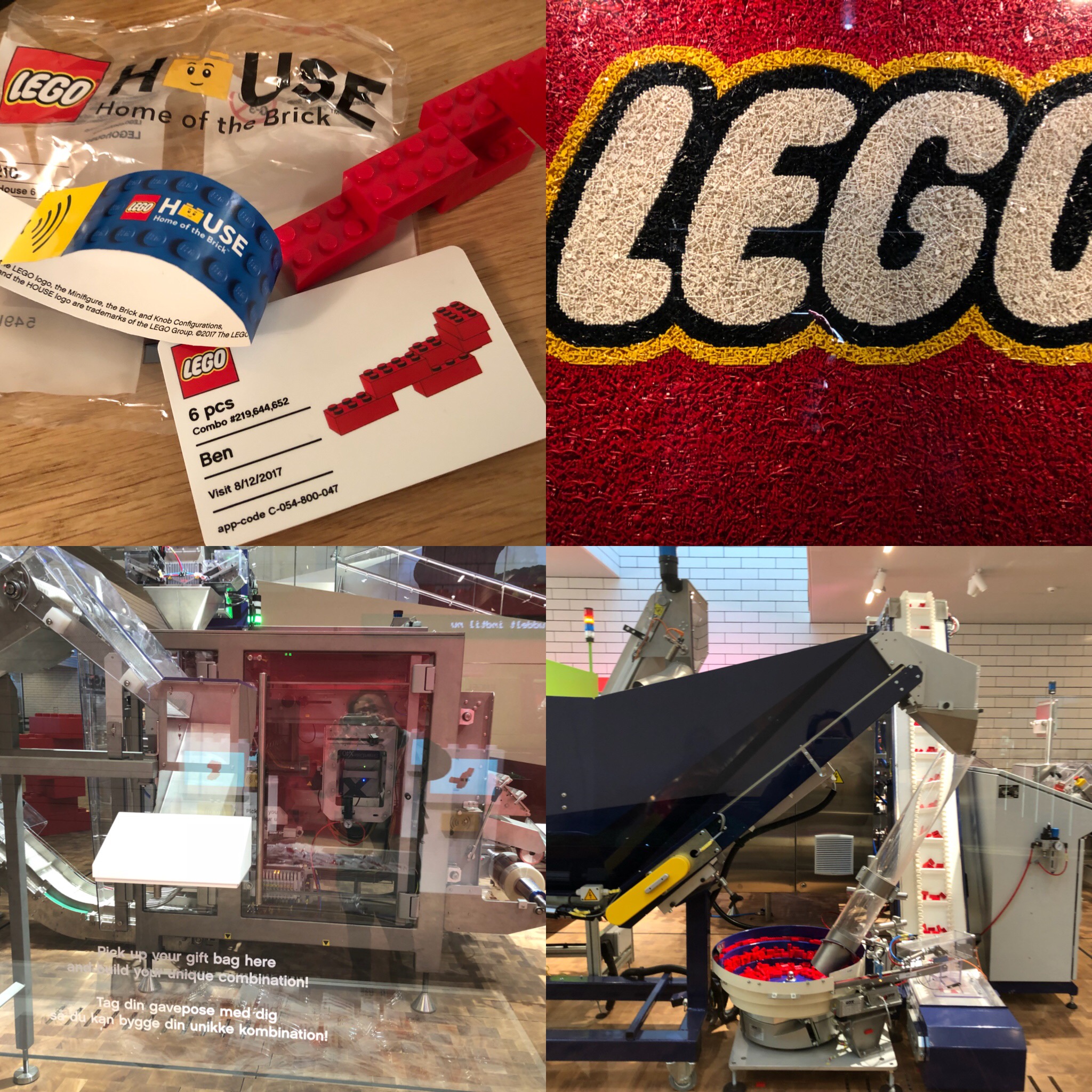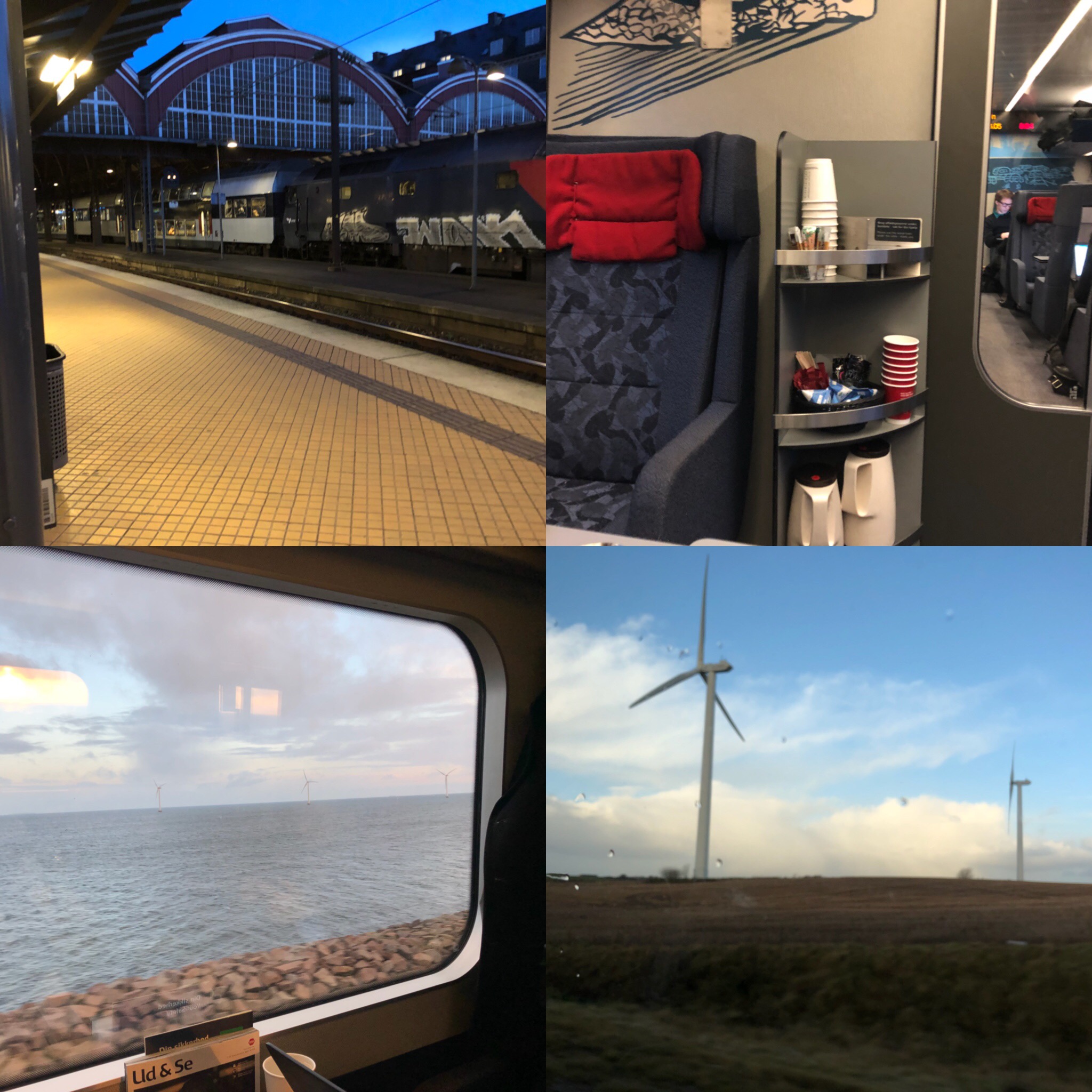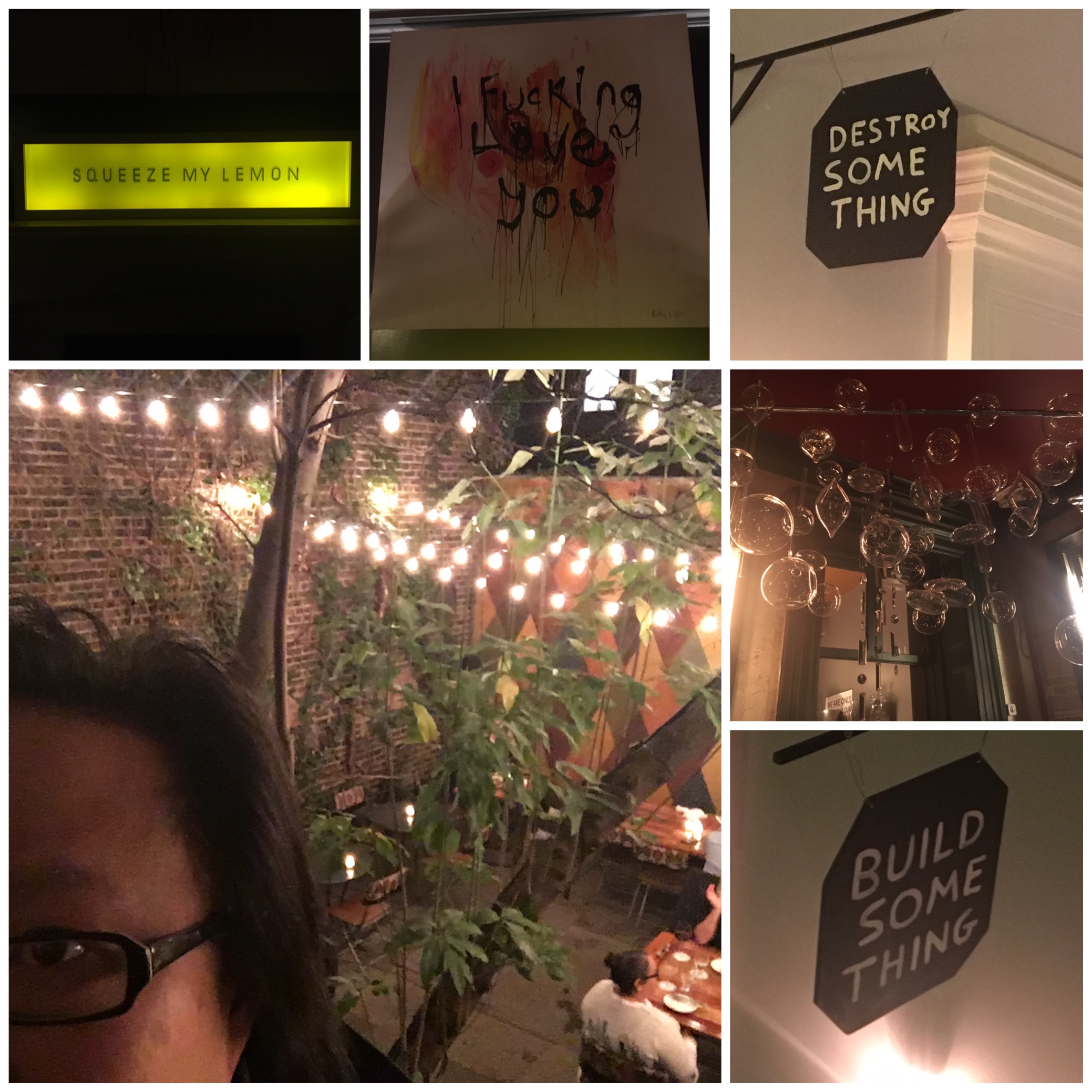Thoughts on happiness and meaning. Story telling. A Moth story.
This story is an excerpt from who told his story via Moth. And from The Power of Meaning a book by Emily Esfahani Smith.
“ERIK KOLBELL VIVIDLY remembers the summer in 2003 when his daughter Kate got her first job. Kate, who was then fourteen and living in New York with her family, had been hired to work as a mother’s helper in the Hamptons. She was excited to move to Long Island and assume some of the responsibilities of adulthood. But her life, and Erik’s, came to a screeching halt two weeks after she started working.
On July 31, Erik received a call from his wife: “Kate’s been hit by a car.” “The next thing I remember,” Erik said, “was driving in the car out to Stony Brook Hospital and not knowing how serious it was, what condition she was in, where she was hit, or if she was alive.” He eventually learned that she was in surgery with a pediatric neurosurgeon. That, Erik said, gave him three pieces of information: “Number one: she was alive. Number two: this was serious. Number three: neurosurgeon. She had a brain injury.”
At the hospital, Erik was led to a private waiting area, where the neurosurgeon came in to see him and his wife. “She is in a medically induced coma,” the doctor said. “Her vitals are stable. We had to remove a piece of her skull,” he continued, “in order to relieve the pressure on her head, on her brain.” The procedure had never been performed on a child before, Erik said, but it was the doctor’s “Hail Mary. It was all he had.” It was not enough.
Late that night, her intracranial pressure spiked. She had to be taken into brain surgery once more. Erik was telling this story into a microphone, on a velvet-curtained stage in a cozy wood-paneled room as part of an evening of storytelling organized by a group called The Moth. He looked out onto an audience of nearly three hundred people sitting in tightly packed rows and told them the thought that went running through his head when he found out that Kate was being wheeled into her second brain surgery of the night: “Where is the good in any of this?” Just twenty minutes earlier, during a boozy intermission, the room had been filled with laughter and noise.
Now the audience all leaned forward in rapt silence as Erik shared his story. When Kate came out of her second brain surgery, Erik continued, it was 5 a.m. and she was stable. The doctors eventually transferred her to Mount Sinai Hospital in New York City, where she underwent intensive rounds of therapy. Because of the accident, she could no longer speak or do math, her depth perception was impaired, and she had lost nearly all of her memories. But by October, she was able to return to school part-time and continued to attend rehab. By November, she was well enough that she returned to Stony Brook so that the doctors could replace the part of her skull that they had removed in July. This would be her third brain surgery. “It was kind of a triumphal reentry,” Erik said. “It’s a way of sort of closing the door and saying, ‘Yeah, she’s going to make it.’”
Still, Erik continued searching for the meaning in everything that had happened: “I’m grateful she’s alive,” he thought on the eve of her third brain surgery. “I don’t know how much more of her I am going to get back. Where is the good?” He found it when Kate came out of the surgery. The two of them were in the recovery room. Kate was “still woozy” from the anesthesia when a series of visitors began arriving at her bedside. The first person to come was a doctor. “Kate, you wouldn’t remember me,” he said. “I’m the admitting physician who was in the emergency room the day you came in.” Moments later, a nurse came by: “Kate, you would not remember me, but I was the nurse who was there when the original operating team came and started working on you.” “Kate, you wouldn’t remember me,” another guest said, “but I was the chaplain on duty when you came in and I spent time with your parents.” “Kate,” said the next person, “you wouldn’t remember me, but I was the social worker who oversaw your case.” “Kate,” yet another said, “you wouldn’t remember me, but I was the nurse on duty the second or third day.” It was, Erik recalled, “a parade of smiling faces.”
The last visitor was a nurse named Nancy Strong, who had overseen Kate’s stay in the intensive care unit over the summer. “I pulled her aside and said, ‘You know, I think it’s great that you are all coming by to wish Kate luck. But there’s something else going on here, isn’t there?’” “Yeah,” Nancy said, “there is.” “What’s going on?” “Erik,” she said, “for every ten kids we see with this injury, nine of them die. There is only one Kate. We need to come back and we need to see her, because she is what keeps us coming back to work in this place every day.” “This is the redemption,” Erik realized. “This is the good.”
Her book argues:
“They are the four pillars of meaning: belonging, purpose, storytelling, and transcendence.”
I view it as thinking about second order happiness. Or deeper happiness.
What the Greeks describe (Or Aristotle at least ) as his concept of eudaimonia, the ancient Greek word for “human flourishing.”
Eudaimonia often gets translated as “happiness,” and so Aristotle is often credited with saying that happiness is the highest good and chief goal of our lives. But Aristotle actually had pretty harsh words for those who pursued pleasure and “the life of enjoyment.” He called them “slavish” and “vulgar,” arguing that the feel-good route to the good life that he believed “most men” pursue is more “suitable to beasts” than to human beings. To Aristotle, eudaimonia is not a fleeting positive emotion. Rather, it is something you do. Leading a eudaimonic life, Aristotle argued, requires cultivating the best qualities within you both morally and intellectually and living up to your potential. It is an active life, a life in which you do your job and contribute to society, a life in which you are involved in your community, a life, above all, in which you realize your potential, rather than squander your talents.
This would be distinct from first order happiness or hedonistic happiness.
Psychologists have picked up on Aristotle’s distinction. If hedonia is defined as “feeling good,” they argue, then eudaimonia is defined as “being and doing good”—and as “seeking to use and develop the best in oneself” in a way that fits with “one’s deeper principles.” It is a life of good character. And it pays dividends. As three scholars put it, “The more directly one aims to maximize pleasure and avoid pain, the more likely one is to produce instead a life bereft of depth, meaning, and community.” But those who choose to pursue meaning ultimately live fuller—and happier—lives.
The book looks at several cases studies and also makes a case for the transcendent. It is thought provoking.
But it does make it seem easy.
How many of us really can think like the janitor at NASA. “I’m not cleaning floors, I’m helping man land on the moon”.
Some of us can, but looking around it seems that those who can are in the minority.
Which takes me to this article on the state of the UK after the brexit vote. Moore argues "the issues that divide Britain – from globalisation to social disparity – run deeper than this useless government"
Are we losing meaning at a grand scale ?
Perhaps.
But can we gain it back on a personal or local level.
I think perhaps we can.
The larger sense of belonging has perhaps been semi-permanently split by brexit. But I have hope on a personal scale.
The small every day interactions of life. The quiet mixing and mingling.
While I think we can perhaps reframe the jobs and roles we have in life in a more meaningful way. Especially if we ourselves are treated with respect.
If doctors treat the cleaners with respect and inspire belonging then the cleaners are going to think their jobs is to help save lives - have purpose.
The ability to tell stories. This has grown and continues to grow. From the ministry or stories. To blogs to Facebook. To the story corps. To Moth.
This can help our narratives and again bring us more meaning.
These are two of the strands of Smith's book, while I think it leans a little to the "this can change your life" brigade it does offer some provoking thoughts. Worth a read.

